How to Prepare Your Home
Residents of eastern NC, particularly in the Highway 17 corridor between Wilmington and Jacksonville, are no strangers to hurricanes. When Hurricane Florence came through in 2018, the devastation was widespread and cost the area billions of dollars in cleanup, remediation and restoration. As Eastern North Carolina prepares for what experts are saying may be a strong hurricane season, here are some important tips to safeguard your home. Hurricanes may be unpredictable, but preparing in advance can safeguard your loved ones and valuable assets, including your home.
Waiting until a hurricane warning or watch is issued may provide limited time to implement precautions. Thus, proactive preparation is key to preventing water damage and effectively managing emergencies. Wondering how to prepare your home for a hurricane or storm? Here are some tips to guide you through the next hurricane season:
Hurricanes pose increased risks due to their high winds and intense rainfall. Consider these measures to fortify your home:
Securing Your Roof: Minor roof leaks may not be a concern in normal weather, but they can escalate during storms or hurricanes. Before hurricane season begins, have professionals inspect your roof and apply sealant to any vulnerable areas. Ensure shingles are intact and consider reinforcing with hurricane straps or truss tie-downs.
Maintaining Gutters: Clean, debris-free gutters are crucial during storms to prevent water damage. Consider hiring professionals to inspect and clear your gutters before hurricane season to ensure proper drainage away from your home’s foundation.
Check for Proper Drainage: Do you have ditches on your street or around your home that are filled with dirt and weeds? Clear them out to allow flood waters to flow away properly. If you have any low spots around your home that collect water when it rains, now is the time to fill them in and ensure proper draining away from your foundation.
Protecting Doors and Windows: High-velocity winds can cause significant damage to windows and doors. Install storm shutters or use plywood to cover openings before the storm hits. Plywood should be at least ⅝-inch thick, with holes pre-drilled for easy installation.
Preparing for Power Outages: Hurricanes often cause power blackouts. Invest in a portable generator, but exercise caution with its placement to avoid carbon monoxide poisoning. Follow safety guidelines for generator use to keep your household safe.
Stocking Up on Supplies: Maintain essential supplies such as bottled water (plan for at least a three-day supply per person), non-perishable foods, and emergency kits. Consider purchasing a portable stove for cooking during power outages.
Assembling an Emergency Kit: Prepare a comprehensive emergency kit containing items like a fire extinguisher, flashlight with extra batteries, first aid supplies, vital medications, and essential documents stored in a waterproof container. Also consider what you will need for your pets and children. Mosquito repellant will be important due to the large amounts of standing water that will hang around for weeks afterwards.
Reviewing Insurance Coverage: Review your homeowners’ insurance policy, particularly regarding coverage for hurricanes and flooding. Ensure you understand your policy’s exclusions and consider purchasing flood insurance if necessary.
Developing an Evacuation Plan: Create and review an evacuation plan with your family, identifying evacuation routes, meeting points, and arrangements for pets. Prioritize your safety and heed evacuation orders when issued.
Know where to go for Info! Facebook pages can be a wealth of knowledge when storms are inbound: both unofficial volunteer pages as well as official municipal/county/state pages. FEMA.gov has excellent information as well. Keep a radio on hand for emergency broadcasts in case of widespread power outages.
By taking these proactive steps, you can significantly reduce the potential impact of hurricanes and storms on your home and family. Preparation is key to weathering the next hurricane season with resilience and safety.
Prepare Your Home Before the Next Hurricane Warning
Taking proactive steps to fortify your home and create a comprehensive plan for your family can significantly impact your recovery post-storm or hurricane. Implementing the tips above is a crucial first move.
If your home has already sustained damage from a storm or hurricane, Home Disaster Medics is here and ready to help restore your home to health. We also assist with insurance follow-ups to ensure you receive adequate restoration coverage. Once funding is secured, our experts will guide you through the design and planning stages, leaving your home better than before.
Schedule a free consultation today and let us handle all repairs or renovations while you focus on rebuilding your life.
Follow Home Disaster Medics on Facebook
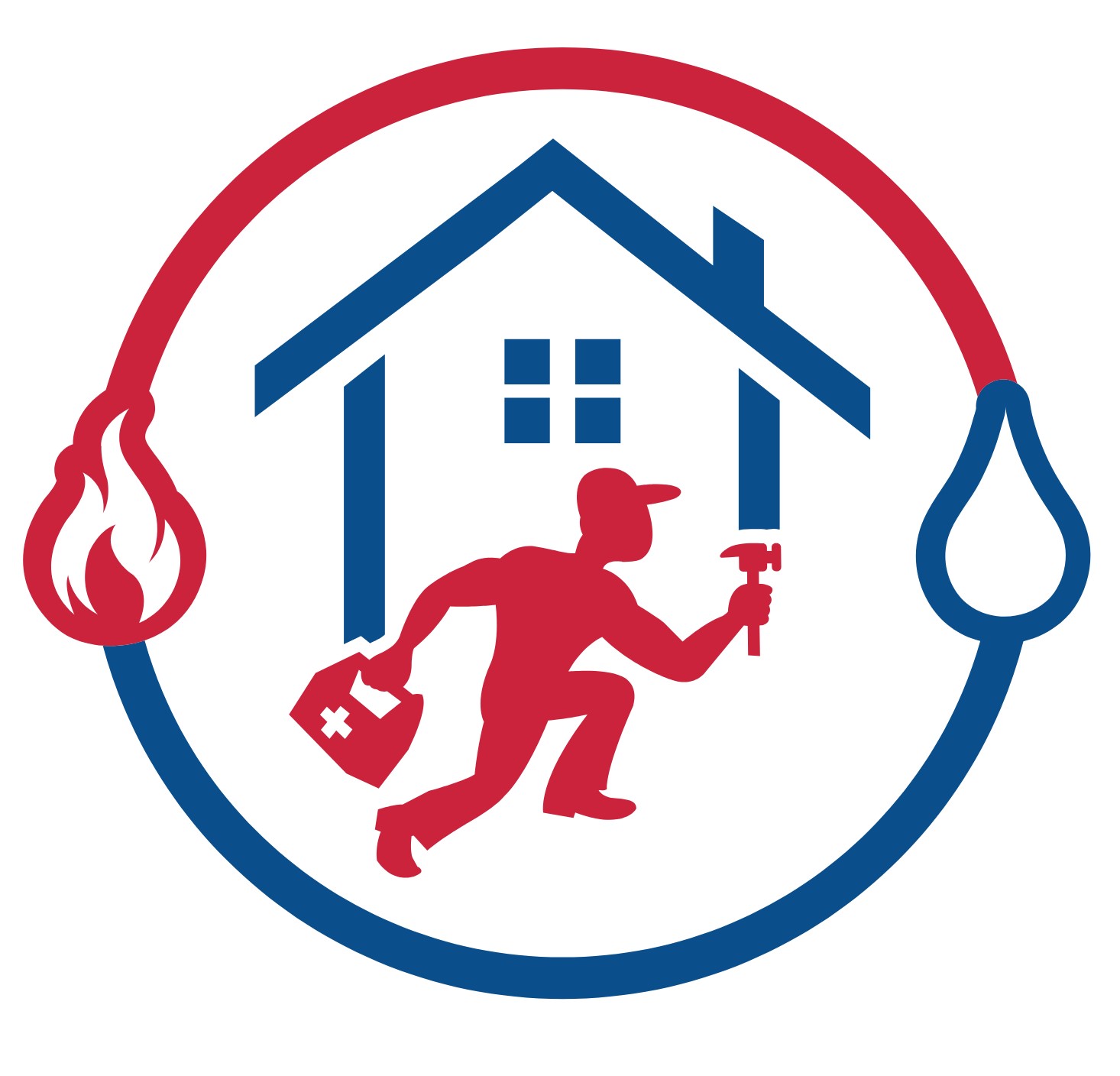
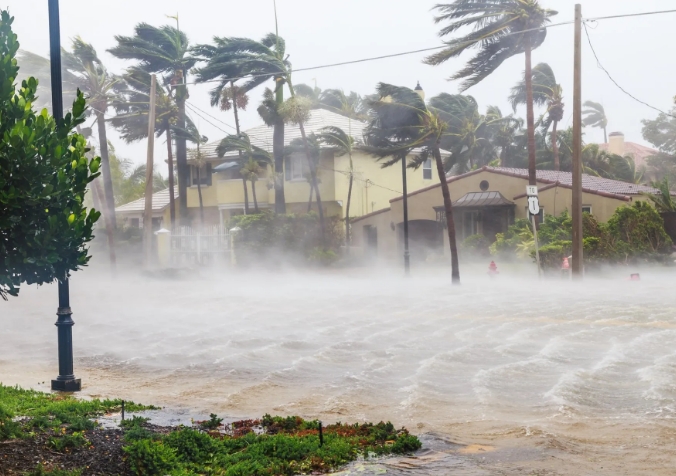
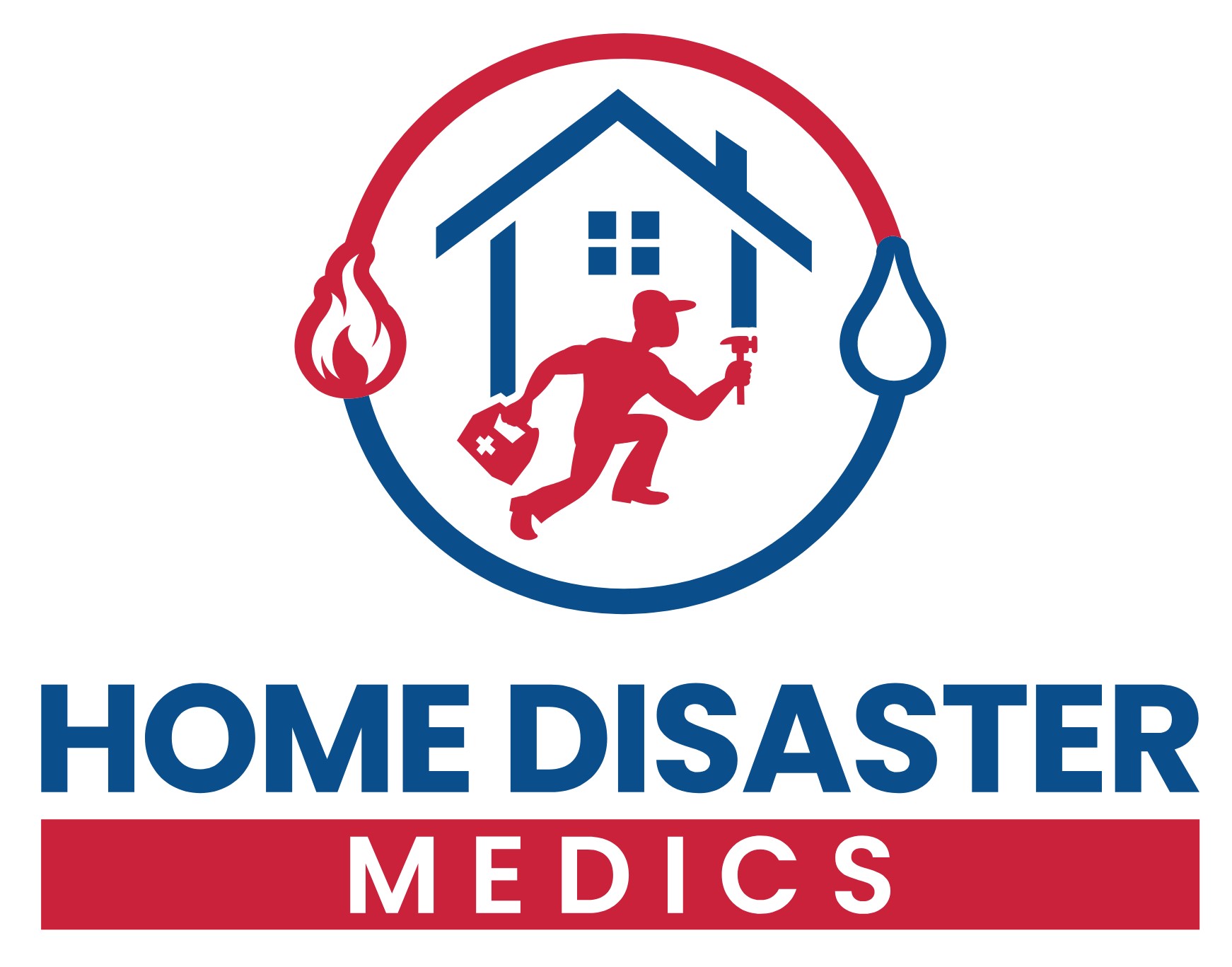
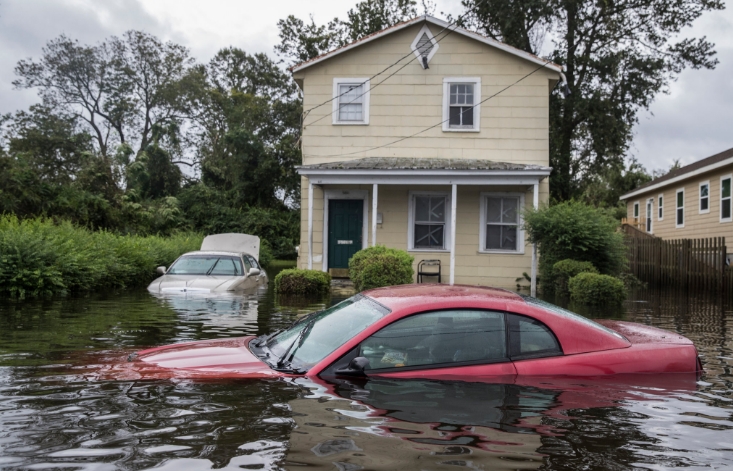

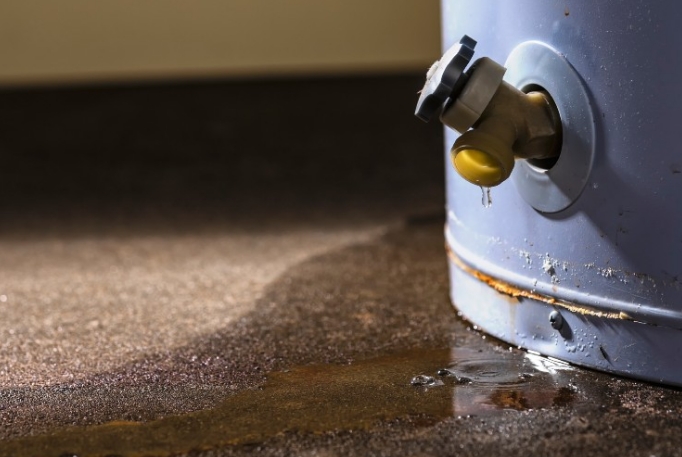
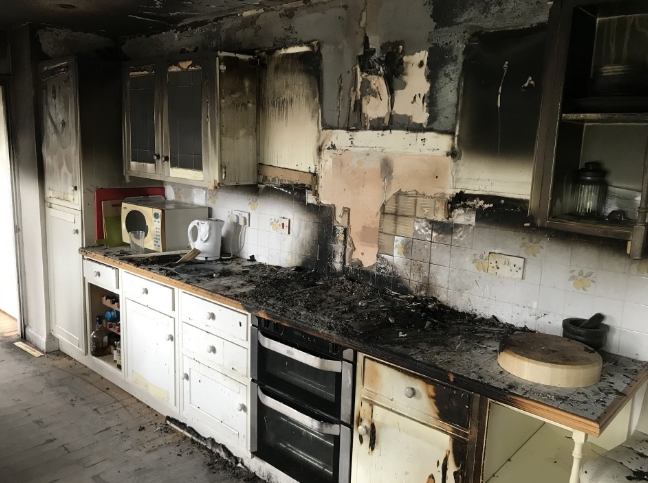
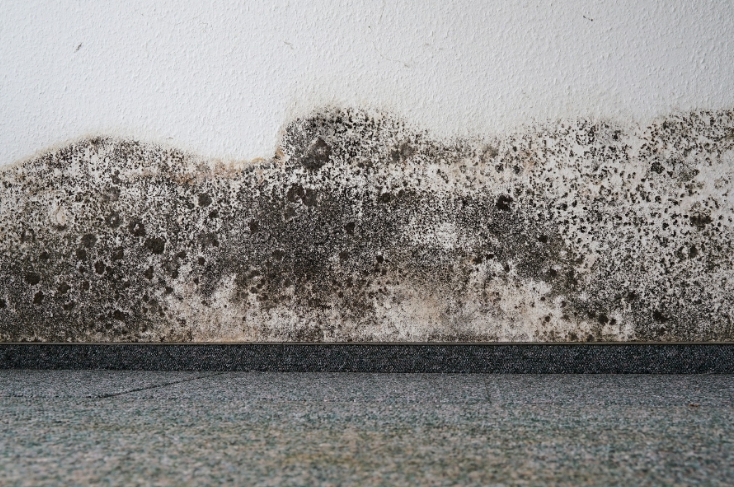
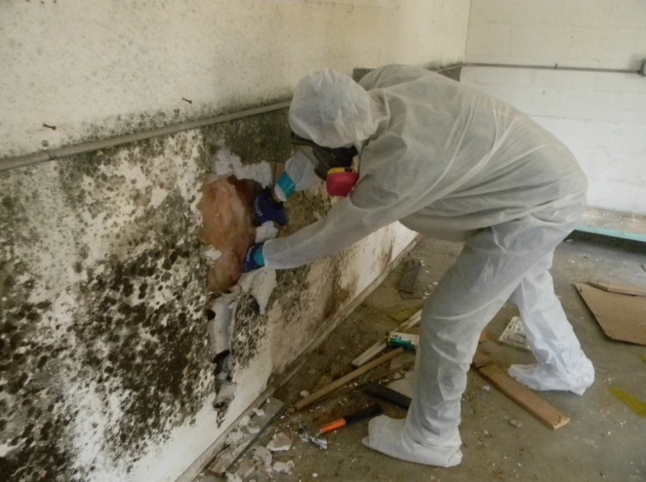


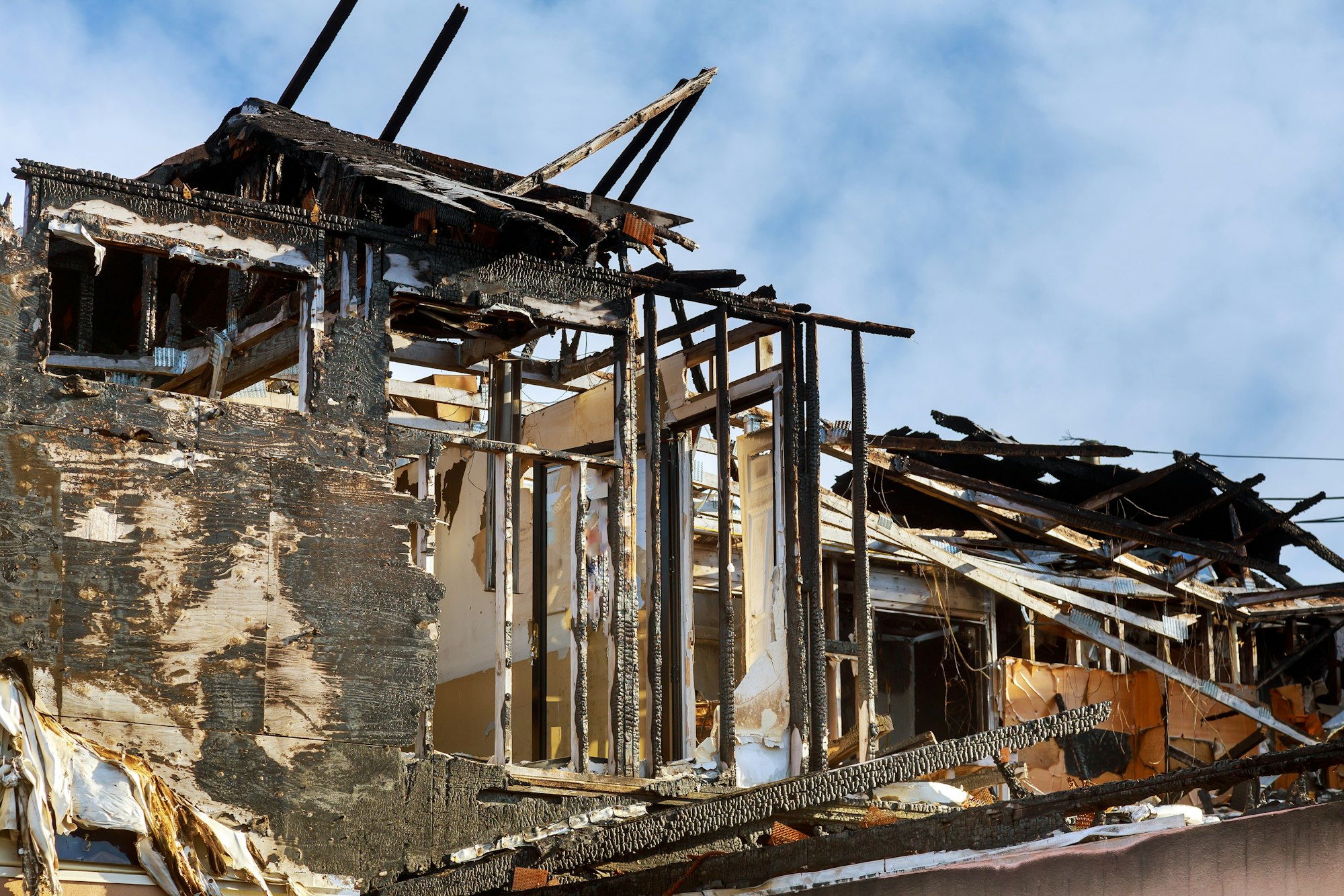

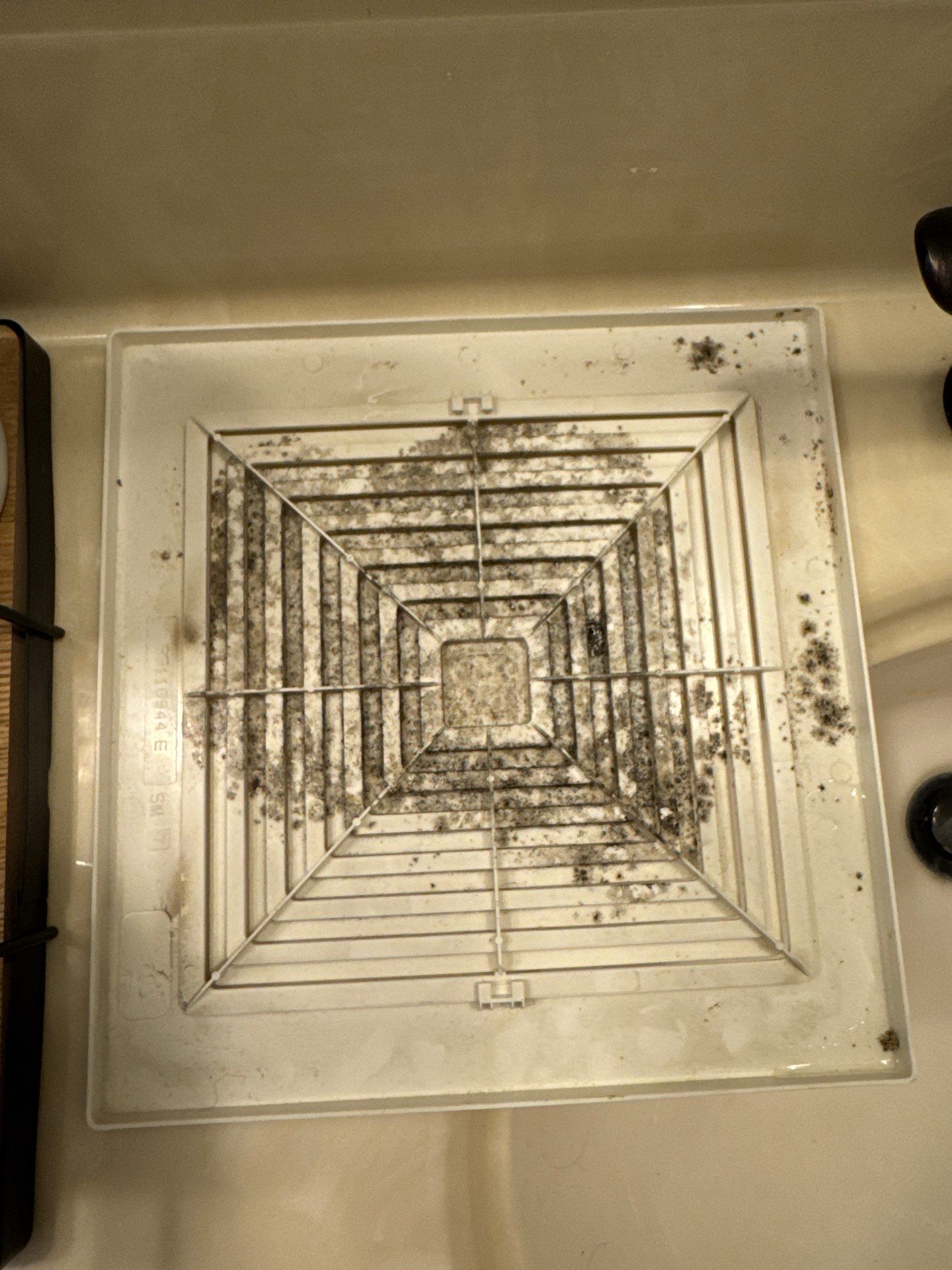
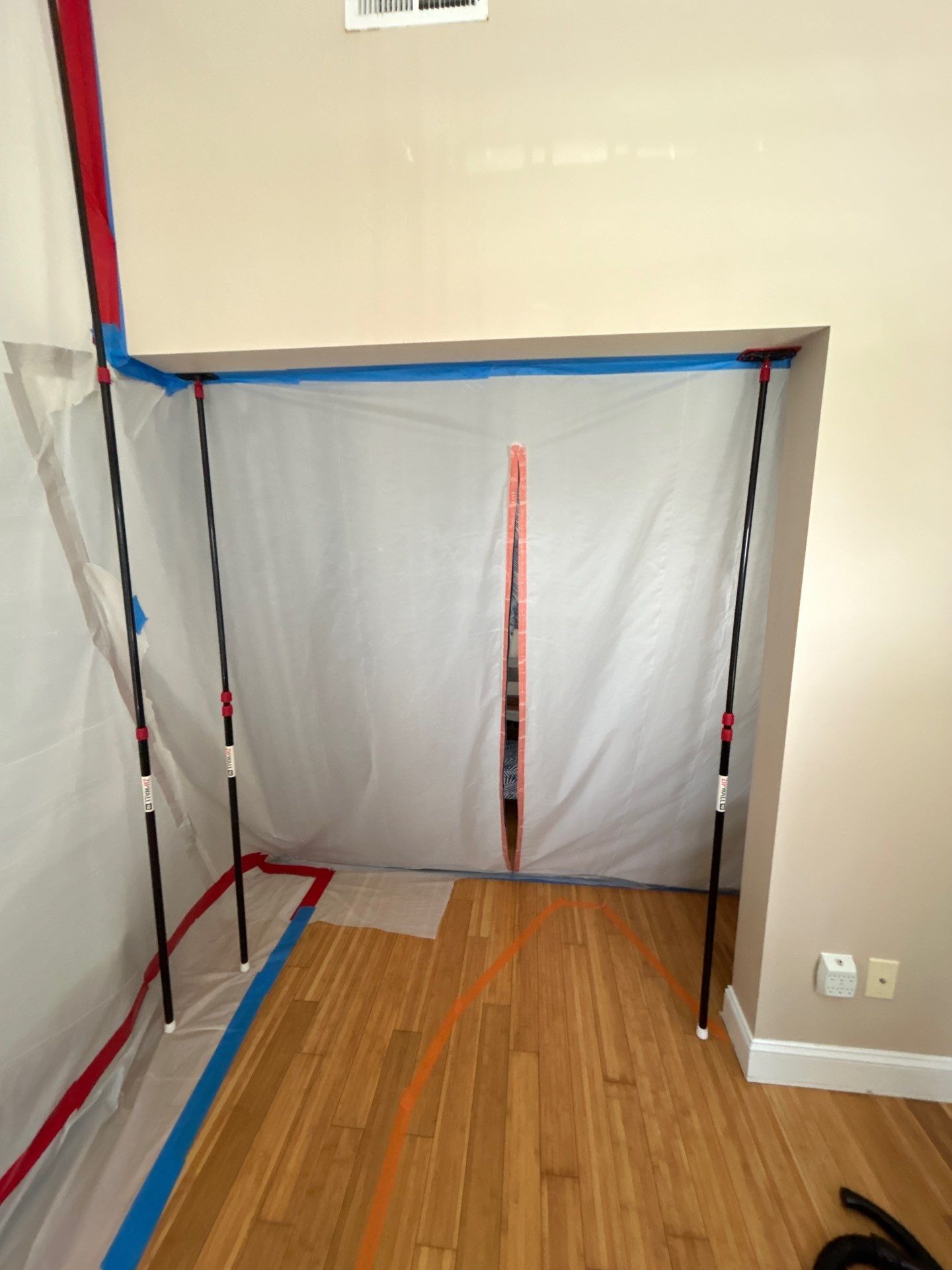
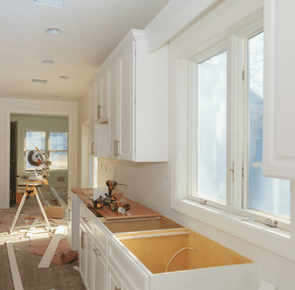
2 Responses
Recently moved to Sneads Ferry NC and how do you know the evacuation and where to go. Or are you on your own??? I have been preparing with everything else if we are home bound but what if you had to leave how can i find out where is the safe place to go. Do you have information you might be able to send us.
Thanks
Ruth, the evacuation route is really going to depend on the severity and track of the specific storm. For up-to-date info there are a couple of good facebook pages to watch: https://www.facebook.com/share/DeX7FkjjkjJyT77k/ and https://www.facebook.com/groups/SneadsFerryTopsailIslandHIP/
Also you should follow the Onslow County facebook page.
In general though, Hwy 17 will get very congested in an evacuation, you’re best bet is to take Hwy 50 inland before moving North or South.